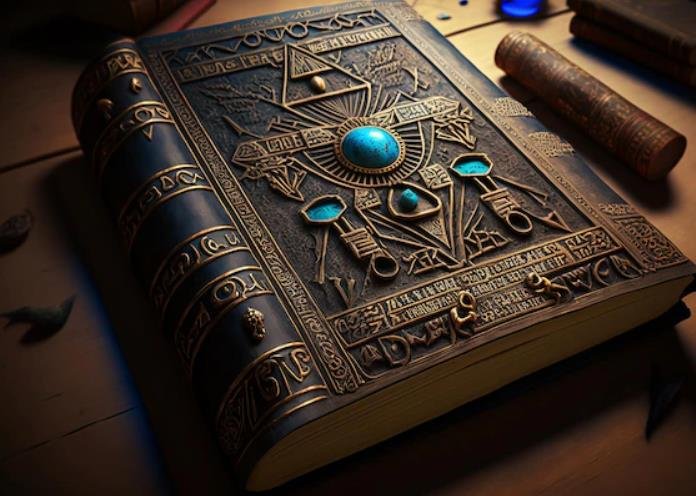Egyptian Made is a new book by journalist and author Leslie T. Chang, who explores the lives and aspirations of three Egyptian women who work in the textile and garment industry. The book is based on Chang’s two-year stay in Egypt after the 2011 Arab Uprisings, and offers a nuanced and insightful perspective on the challenges and opportunities that women face in a country undergoing political and social transformation.
Chang said that she was inspired to write the book after witnessing the massive protests that toppled former president Hosni Mubarak in 2011, and the subsequent turmoil and uncertainty that followed. She wanted to understand how ordinary Egyptians, especially women, were coping with the changes and pursuing their dreams.

She decided to focus on the textile and garment industry, which employs millions of Egyptians, mostly women, and is one of the largest export sectors in the country. She said that she was fascinated by the contrast between the globalized and modern nature of the industry, and the traditional and conservative culture of the society.
She also said that she wanted to challenge the stereotypes and misconceptions that many Westerners have about Egyptian women, who are often portrayed as passive, oppressed, and homogeneous. She said that she wanted to show the diversity, complexity, and agency of Egyptian women, who have different backgrounds, opinions, and goals.
The stories of the three women
The book follows the stories of three women who work in different factories and positions in the textile and garment industry. They are:
- Amal, a 25-year-old single mother who works as a quality controller in a factory that produces clothes for international brands. She struggles to balance her work and family responsibilities, and to deal with the harassment and discrimination that she faces as a divorced woman.
- Nada, a 19-year-old high school graduate who works as a machine operator in a factory that makes uniforms for the Egyptian army. She dreams of becoming a fashion designer, and uses her skills and creativity to make her own clothes and accessories.
- Salma, a 32-year-old manager who oversees a team of workers in a factory that makes towels and bed sheets. She is ambitious and successful, but also lonely and dissatisfied with her personal life. She longs for love and marriage, but finds it hard to meet suitable men who respect her career.
The themes and messages of the book
The book explores various themes and issues that relate to the lives and experiences of the three women, and of Egyptian women in general. Some of these themes are:
- The impact of globalization and economic development on the opportunities and challenges that women face in the labor market and society.
- The role of religion and culture in shaping the values and expectations of women and men, and the tensions and contradictions that arise from them.
- The influence of politics and history on the identity and aspirations of women, and the ways that women participate in and contribute to the democratic transition and social change in Egypt.
- The importance of education and empowerment for women, and the barriers and obstacles that prevent them from achieving their full potential and rights.
The book also conveys some messages and lessons that Chang learned from the three women, and that she hopes to share with the readers. Some of these messages are:
- Women are not victims, but agents of change and resilience in the face of adversity and uncertainty.
- Women have diverse and complex personalities, interests, and goals, and should not be reduced to stereotypes or labels.
- Women have the right and the ability to make their own choices and pursue their own happiness, regardless of the opinions and pressures of others.
- Women can support and inspire each other, and create networks and communities that enhance their well-being and opportunities.
